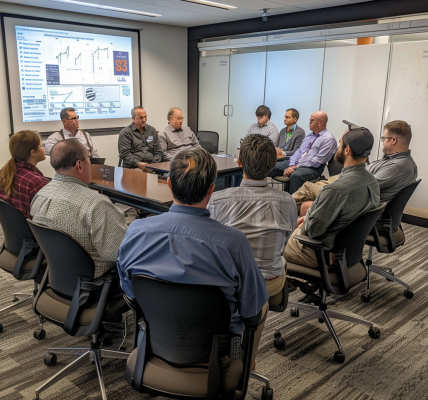Head of Microsoft AI Considers Internet Content as ‘Freeware’
Mustafa Suleyman, the CEO of Microsoft AI, recently made waves at the Aspen Ideas Festival with his bold statements on the status of online content. Suleyman, also a co-founder of Google DeepMind, highlighted a perceived social contract that deems content on the internet as ‘freeware,’ open for use, including for artificial intelligence (AI) training purposes.
During an interview with CNBC’s Ross Sorkin, Suleyman discussed the legality of accessing publicly available web content, stating that since the 1990s, a tacit agreement of ‘fair use’ has allowed for the replication, modification, and utilization of such content. He emphasized that this understanding extended to treating internet content as freely accessible resources for innovation and development.
However, Suleyman acknowledged a gray area concerning content explicitly marked by creators as off-limits for collection, except for indexing purposes. This distinction has led to legal disputes, with the exact parameters of this ‘social contract’ remaining undefined.
Despite Suleyman’s assertions, questions remain regarding the application of ‘fair use’ in the context of copyright law and individual rights. The concept of ‘fair use’ in US copyright law typically requires specific justifications for using third-party content, as determined by legal precedents rather than informal agreements.
Notably, the industry’s demand for vast amounts of data for AI development has fueled debates and legal battles over data usage. For instance, the New York Times’ lawsuit against OpenAI sheds light on the complexities surrounding AI algorithms that replicate copyrighted material.
Suleyman’s provocative statements have ignited discussions on the ethical and legal implications of treating online content as ‘freeware’ and the need for clearer guidelines on data usage and intellectual property rights in the digital age.





